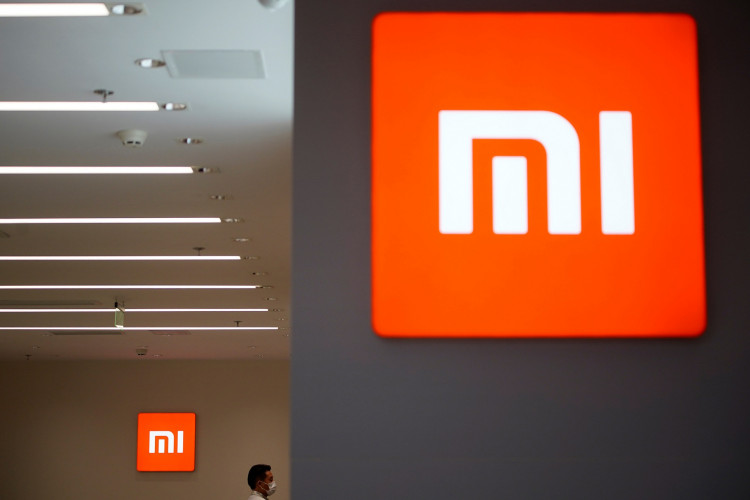n the fast-paced world of electric vehicles, Xiaomi is making strategic moves to establish itself as a key player. As the company prepares for the launch of its first electric vehicle, it's exploring collaborations with established automakers to navigate capacity constraints and diversify its offerings. Recent reports have revealed that Xiaomi is in talks with several companies, including JAC Motors, BAIC BluePark, Brilliance Auto, Chery Automobile, and others, signaling its intent to broaden its reach and capabilities in the automotive sector.
The move to seek partnerships stems from Xiaomi's ambition to introduce an SUV model following the launch of its first sedan. The company's manufacturing facility in Beijing's Yizhuang area is nearing completion for its first phase, boasting an annual capacity of 150,000 vehicles. However, to scale up production quickly and efficiently, Xiaomi is contemplating partnerships for its SUV production, allowing it to focus on its sedan in the first-phase factory.
A source close to Xiaomi mentioned, "Lei Jun's goal for 2024 is to sell 100,000 Xiaomi EV, but the first-phase factory's capacity cannot be ramped up in the short term, and the second-phase factory will take two years to complete." They added, "Introducing new models is crucial for Xiaomi EV's success in its first year. The more models they have, the easier it will be to achieve the sales target of 100,000 vehicles."
While the discussions indicate a proactive approach by Xiaomi, the outcomes of these negotiations remain uncertain. Concerns about costs, technology, and market positioning are at the forefront of Xiaomi's considerations as it deliberates over partnerships. This cautious approach underscores the company's commitment to quality and strategic growth in the competitive electric vehicle market.
Despite rumors that delays in obtaining independent vehicle production licenses are driving Xiaomi's pursuit of partnerships, insiders dismiss this notion, asserting that production capacity and market penetration are the primary motivators. Xiaomi is reportedly on track to receive the necessary approvals from the National Development and Reform Commission (NDRC) and the Ministry of Industry and Information Technology (MIIT), often referred to as the "double qualifications" in the industry.
Analyst Ming-Chi Kuo has predicted that Xiaomi's first EV model will have a shipment volume of 50,000 to 60,000 units, emphasizing its potential key selling points like autonomous driving, a robust software ecosystem, 800V fast charging, and power configuration, all at a competitive price point below 300,000 yuan.
As Xiaomi navigates these strategic decisions, its foray into the electric vehicle market is being closely watched. The company's moves reflect broader industry trends where technology giants are venturing into automotive manufacturing, blurring the lines between tech and traditional car production. The outcome of Xiaomi's endeavors will not only shape its future but also have implications for the electric vehicle industry at large.





